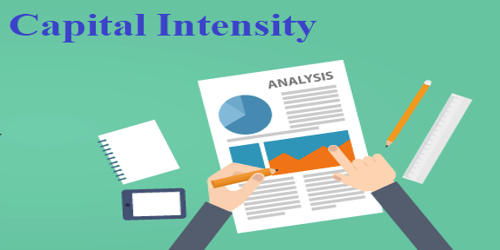Economics of information, or information economics, belongs to the field of microeconomics and it studies the importance of information in Economics. It is the study of the way in which information and information technology influence the economy. The information has special characteristics: It is easy to create but hard to trust. It is easy to spread but hard to control. The importance and value of information within economics are huge. It eliminates risk and uncertainty, and it makes it possible to make better choices that will report higher yields. It influences many decisions. These special characteristics (as compared with other types of goods) complicate many standard economic theories. Since it’s usually studied as a part of microeconomic theory, information economics mainly deals with micro problems.
The subject of “information economics” is treated under the Journal of Economic Literature classification code JEL D8 – Information, Knowledge, and Uncertainty. The present article reflects topics included in that code. There are several subfields of information economics. Information as a signal has been described as a kind of negative measure of uncertainty. It includes complete and scientific knowledge as special cases. Information failures are associated with numerous other market failures, including incomplete risk markets, imperfect capital markets, and imperfections in competition, enhancing opportunities for rent-seeking and exploitation. The first insights in information economics related to the economics of information goods. The study of the economics of information is key for many economic fields including game theory, agency theory, or contract theory. Thus, collection of information and construction of knowledge becomes an economic activity that provides for sound decision making. It assesses the role of information in all economic activities as a factor of production, growth, and development.
The following are illustrative examples of information economics.
- Information Goods – The value of information goods including data such as market data and knowledge such as a book.
- Knowledge-Economy – A global economic shift towards jobs that produce knowledge outputs such as strategies, plans, designs, specifications, instructions, data, and computer code.
- Risk & Uncertainty – Risk results from a lack of information about the future, also known as uncertainty.
- Unknown Unknowns – Risk can be identified, estimated, and managed but unknown unknowns will remain.
- Expectations – Expectations that influence economic behavior. For example, if consumers feel gloomy about the future they may cut back on spending and risky investments.
In recent decades, there have been influential advances in the study of information asymmetries and their implications for contract theory, including market failure as a possibility. Information economics is formally related to game theory as two different types of games that may apply, including games with perfect information, complete information, and incomplete information. The game theory meaning of the ‘economics of information’ centers around the formation, continuation, and dissolution of contractual relationships.
















